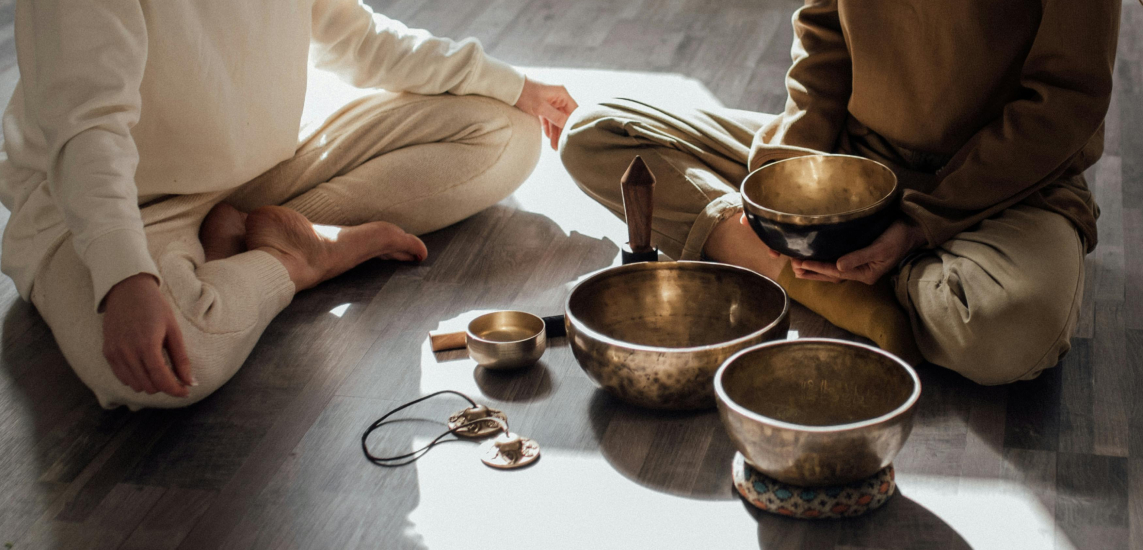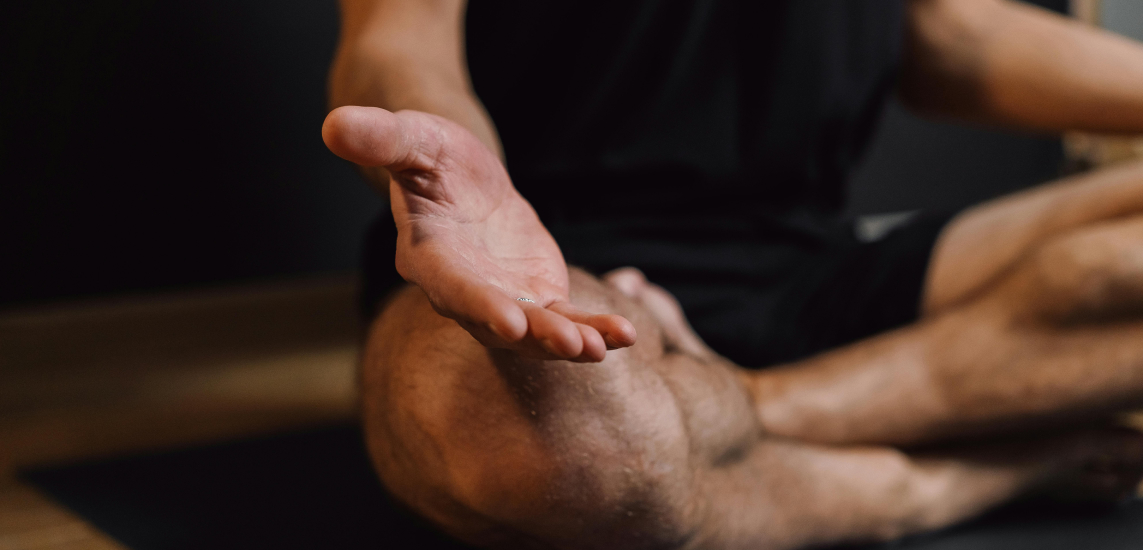Day to day, life can feel like an onslaught of problems. Then again, without candy-coating anything, we can’t stay only caught up in what’s wrong. We’re not denying whatever has to be addressed if we immerse ourselves in a simple pleasure that keeps us moving. That clear-sighted sense of appreciation and joy is not treacle; it’s part of staying strong and resilient.
Gratefulness In Everyday Life
Simple and realistic appreciation of whatever there is to be appreciated has been shown to help our well-being. The challenge is that gratitude is meant to be unforced.
Get your act together, you have so much to be grateful for. That’s self-criticism—or plain old criticism, if we aim it at someone else. Yet while we can’t force ourselves to feel appreciative, we can set up a regular reminder.
Even just stopping for coffee, there are so many details to notice. For starters, I love coffee. That’s enough: I can enjoy the coffee instead of drinking it while browsing the Internet and not tasting it at all. There’s the staff at the coffee shop—we don’t even know each other’s names but have known each other for years now. They all seem nice and get me my coffee, definitely something to appreciate.
Now take that perspective out a few levels. Someone roasted the beans, and someone drove them to the store, and someone grew them and harvested them and got them to the roaster. Without tying myself in knots it’s useful to notice, and kind of cool that all of that happens long before I have my first sip.
Gratitude practice alone increases happiness. Every day, there is probably something we enjoy, or someone who supports us or gives us a break. Being out in nature, or the perks of living in a city. Pets, hobbies, a good book or new show to binge. Or maybe, simply, my coffee tasted good, so thank you, barista—and everyone else involved, back to the farmer who grew the beans.
Read more: Meditation teacher Manoj Dias explores the transformational power of giving thanks for our well-being.
Remembering Joy For Ourselves
On an average day, what keeps you up at night? Is it truly that nothing went well? Or did the more challenging times just block your view? All of life happens, but a looming pattern of reactivity or negativity holds our attention and stops us from seeing the full expanse of our experience.
Read more: Explore these tips if you often have trouble falling asleep because of worrisome thoughts.
Distracted while planning out a busy workday, I miss a David Bowie song. Hardly registered it playing. That’s a few minutes of potential enjoyment already gone. Not to mention, gratefulness for a favorite musician, and the fact that someone chose to play him on the radio right while I was listening. How frequently do those brief moments pass us by?
Life is full of both joys and sorrows. It may not feel all that balanced between the two, in part because of the relentless influence of our negativity bias—a mental habit that keeps us safe by focusing on whatever seems unsafe. The good times get consumed by an endless mix of everything from minor mishaps to actual crises. Often, it’s letting go of stressful thoughts and spiraling stories that frees up easier times.
What Is In Front Of You Right Now?
Easier said than done, of course.
There’s an old allegory that goes something like this:
A man runs through the jungle away from a tiger. He starts climbing a vine up a cliff. Halfway up, he realizes there is a mouse chewing through the vine above him. The tiger stands below him. Then he sees growing along the cliff a perfect strawberry, right in front of him. So he takes a moment, and eats it.
the door, where is homework, where are your shoes, am I going to be on time for work…and at the same time, there’s the family dog, and it’s a crisp fall morning, and a hug before the bus… all of that is real, too.
Right now, this moment, where might we most skillful apply our attention? We may feel we have a lot of work to do. Or a problem to unravel. Or become caught up in politics, and only once that craziness is resolved will we be happy. Right now, in this moment, what’s immediate? Sitting here, sipping my coffee, listening to music. Giving this full attention to our moment-to-moment life in and of itself has been linked with greater happiness.
Spread The Joy
It’s not that we should obsess over our pleasure. I’ve got it and you don’t. You’ve got it and I don’t. Living that way is a short road to jealousy, envy and other not so joyful emotions. A fuller and more sustainable practice expands outward towards other people.
Imagine a child, yours or someone else’s. It’s easy to get swept up in their infectious delight as they roll through the mud or lose themselves in an ice cream cone. Their joy brings us joy and we wish them a lifetime of it. Even that vicarious pleasure can be muddled by real life. Tired, worn down, we might hardly notice anything outside our own inner fog. Lost in inner distraction, we might not even see their happiness at all. Or maybe our kids get satisfaction from something we wished they didn’t or hoped they would outgrow. It’s worth reminding ourselves of our friends and family’s joy from time to time.
And then there’s everyone else. Everyone has struggles and joys. Without knowing anything about even a stranger, without condoning their choices, we can perhaps find some pleasure in their happiness. That is not so easy to experience, but a worthwhile intention, and one that may eliminate any tendency for comparing and envy and therefore keeps us closer to joy.
Read more: Do you practice feeling more joyful and grateful by writing gratitude journals or lists? Take it a step further and move beyond the page to the real world. Discover how to to start living a life of gratitude.
How To Practice Joy
To paraphrase the Dalai Lama, we wouldn’t meditate if it wasn’t going to eventually make us happier. Meditation practice itself is unintentional, though, and not meant to make us feel joyful or even relaxed. That’s a confusing paradox: We can’t create happiness, but we can build traits that build toward happiness. With skilled effort over time, our perspective shifts somewhere healthier.
Keep the following mindfulness practice real, like all of meditation. Focus on joy as a reminder, not a demand. Aim for clarity, without forcing anything, or blaming yourself if you’re not feeling joyful at all right now.
Continue reading and practice through your own guidance or listen to Mark Bertin‘s guided loving-kindness meditation:
- Loving-Kindness Meditation Mark Bertin 17:48
Start with a few breaths. Notice your where your thoughts are, and how you feel emotionally. Then come back to your body moving with each breath. Nothing to make happen, simply a way to bring your awareness back. This is how things are right now.
Now bring to mind someone you have uncomplicated feelings for, a family member or friend. Consider their recent successes and joys. Picture their smile, their pride in an accomplishment, or their ease during a vacation.
Pacing yourself with the breath, consider these phrases or any others that feel natural too you: May I rejoice in your joy. May your joy continue unabated.
Now consider yourself. Maybe picture easier moments from your day, the weather or time with a friend or a fun activity: May I rejoice in my own joy. May my joy continue unabated.
After a few while, bring to mind a stranger, anyone you know by their face but little more. Imagine their moments of joy: May I rejoice in your joy. May your joy continue unabated.
Now consider a more difficult person in your life, not the most difficult perhaps but someone you find challenging. You may feel the need to protect yourself, to make changes, to do whatever is needed to take care of yourself. And maybe, at the same time, you can wish them well too: May I rejoice in your joy. May your joy continue unabated.
And then for a few moments, everyone else in the world. Everyone struggling to get by, to find their moments of happiness: May I rejoice in all your joy. May your joy continue unabated.
Discover hundreds of free guided loving-kindness meditation practices that can reduce irritation, anger and hatred while improving patience and the ability to forgive.




-1.jpg)


